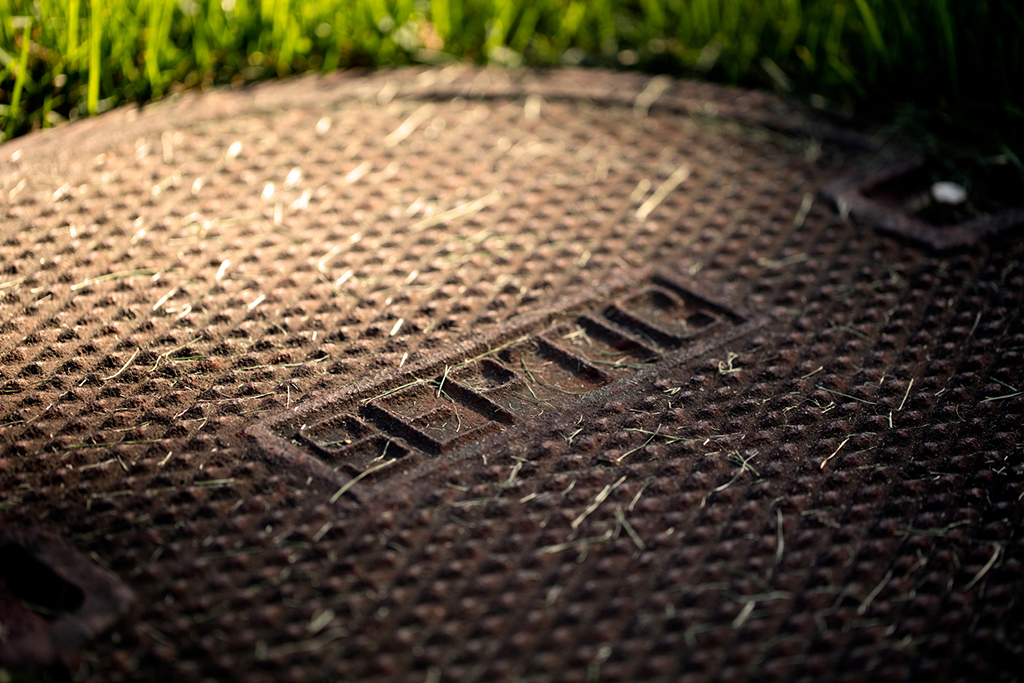A septic tank is responsible for collecting scum and solid waste by harboring your households’ wastewater. Having a septic tank in your home is advantageous since it’s environmentally friendly, economical, and low-maintenance in comparison to using a public sewer system. According to the Environmental Protection Agency, more than 60 million individuals in the United States utilize septic systems.
Proper maintenance is essential to keep the septic system up-and-running. Getting a professional plumber for routine maintenance will not only save you money but also ensure you are living in a healthy and clean space. Below are maintenance tips that help in increasing the lifespan of your sewer system.
Frequently Inspect The System And Pump
With the help of a professional, frequent sewer tank inspections can help any homeowner to identify underlying issues. Be on the lookout for cracks, rust, or any visible damage that may extensively harm the system. Your plumber should thoroughly inspect the pipes that lead to the tank and immediately replace them if they are faulty or worn out. Any leakage from the pipes can lead to a foul odor stemming from your water outlets.
Waste can also find its way into your backyard, and this can be hazardous to your family’s health and the environment at large. Various factors affect how often you should inspect your septic tank, and they include the size of the tank, mass of wastewater generated, household size, and volume of the solids inside the wastewater. Additionally, frequent pumping of the tank is necessary to avoid any leakages.
Efficient Use Of Water
According to the Environmental Protection Agency (EPA) statistics, toilets account for 25 to 30 percent of household water use. It goes without saying that the more you flash, the more the septic tank fills up. Incorporating high-efficiency toilets, showerheads, and washing machines will help you save up on utility bills by reducing water and energy use. Additionally, you’ll play a big role in taking care of your septic tank.
Replacing existing fixtures with highly efficient equivalents is one of the best way to reduce the amount of household water that enters your septic system. Also, ensure that you get a plumber to replace broken pipes or fixtures that may cause water leakages that fill up your tank more often. Excessive waste can damage the tank and lower its lifespan.
High-Pressure Hydro-Jet Drain Cleaning
Septic systems tend to accumulate debris and solid waste in the drainage pipes. This may slow down the process of waste getting into the tank and consequently lead to the clogging of toilets and sinks. Homeowners in Tampa, FL, may decide to use harsh chemicals to solve the problem since it’s an easier and faster option. However, these chemicals can end up corroding the drainage pipes and fixtures or worse, producing dangerous fumes.
Embracing high-pressure hydro-jet cleaning is a less-invasive and cost-effective solution. You should only trust a professional plumber to perform hydro-jetting since they are more knowledgeable about the process. The process involves gently clearing debris from the pipes and allowing waste to pass smoothly, and your system will be as good as new.
Using Bacteria Additives
Bacteria additives help break down waste and scum in septic tanks hence homeowners in Tampa, FL, may not require pumping their tanks as often. Incorporating good bacteria in an overloaded system can help your septic tank by maintaining a more stable balance of bacteria. Also, incorporating live organic bacteria helps in breaking down solids such as detergents and soap which may find their way into the tank.
When unwanted household substances find their way into the sewage system, they tend to kill the natural bacteria that assist the tank to function properly. Using additives will help balance the good bacteria and keep the tank odor-free. To get more information on additives, contact your local plumbing technician.
Effluent Filter
An effluent filter comprises slotted plastic that allows liquid waste only to pass through. The slots on the filter also prevent larger particles and debris, as well as non-biodegradable objects, from exiting the tank. When too many solids pass through the tank, the leach field will clog and result in a failed system. And when this happens, wastewater will stagnate in your tank and not pass through to the soil for decomposition and recycling.
As solid waste decomposes in the septic tank, it settles in the bottom and forms a sludge layer. And when the tank fills, the liquid exits through a piece of pipe installed in the outlet hole. The effluent filter will prevent excessive amounts (or any at all) of solids from exiting the system, and it’s an affordable and effective tool that helps homeowners to avert a failed septic system. Homeowners should consider getting an expert plumber to install an effluent filter in septic tanks.
Proper Waste Disposal
What goes down the drain can affect the efficiency of your drainage system. You should have it in mind that the drainage system is not a trash can where you can dispose of anything and everything. Flashing non-biodegradable items and pouring harsh chemicals on your sink may damage the overall performance of your septic tank.
You should also avoid flashing down disposable diapers and female hygienic products. Getting biodegradable toilet paper will also ensure that your sewage system is running efficiently. Your local plumber can also guide you on how to maintain your system to ensure it lasts longer.
Proper Maintenance Of The Drain Field
A drain field is a wastewater disposal system connected to the outlets of the septic tank. It’s an effective way of removing disease-causing microorganisms and treating water from septic tank effluents. You have to ensure that it receives regular drainage and maintenance services for your home’s septic tank to function properly. Also, avoid planting trees or a garden near your septic tanks since the roots may penetrate and damage the drain field.
It’s wise to refrain from parking vehicles over the septic tank. Rain drainage systems such as sump pumps and roof drains should point away from the drain field area since excess water can slow down the wastewater treatment process. Otherwise, routine maintenance from your local plumber will ensure the drain field and septic tank are in perfect condition.
Call The Experts
Drain Flo Plumbing provides affordable and quality solutions for plumbing problems. Whether you need renovation or routine maintenance on your home’s plumbing system, our team of certified plumbers can help. We offer the best deals in town and work within your budget. Our well-trained plumbers will arrive promptly to solve your plumbing emergencies. Give us a call anytime you need plumbing services.



